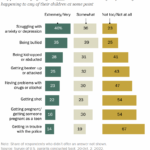Discover the eye-opening truth about parenting styles and their impact on autism in this enlightening article. As autism awareness continues to grow, it’s vital for parents to understand the significance of their parenting approach in nurturing a child with autism. Unravel the mysteries of how various parenting styles affect your child’s development, and learn how to foster a supportive and empowering environment for your little one. Delve into the latest research findings and expert opinions, as we debunk common misconceptions and reveal the essential connection between parenting style and autism. Don’t miss out on this crucial information that can make all the difference in your child’s life!
Exploring the Connection: Parenting Styles and Autism Outcomes
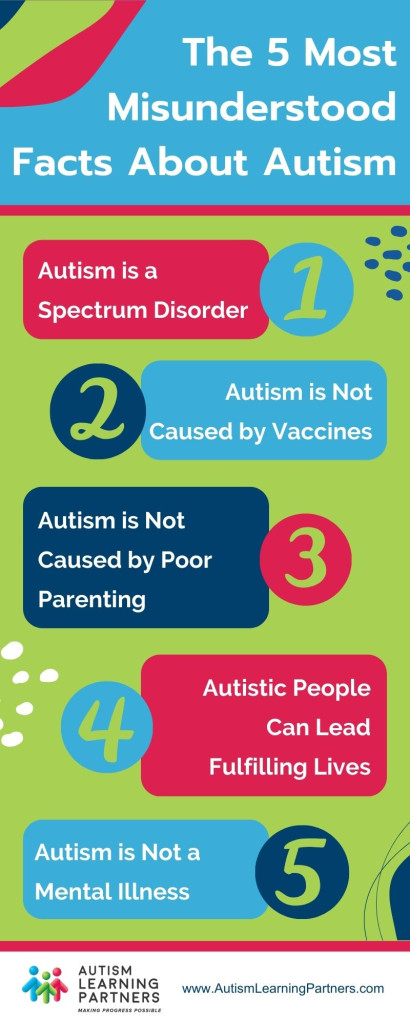
In this blog post, we delve into the complex relationship between parenting styles and autism outcomes. We explore various approaches that parents adopt, such as authoritative, authoritarian, permissive, and uninvolved, and examine their impact on the development and well-being of children with autism spectrum disorder (ASD). Our comprehensive analysis aims to provide insights and guidance to parents and caregivers seeking effective strategies for nurturing their autistic children. By understanding the nuances of different parenting styles, you can make informed decisions that cater to the unique needs of your child and foster a supportive environment that promotes their growth, confidence, and independence.
The Impact of Authoritative Parenting on Children with Autism Spectrum Disorder
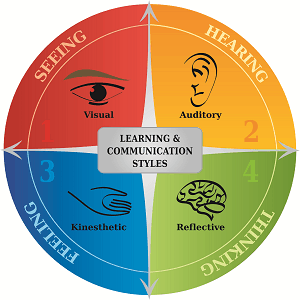
The Impact of Authoritative Parenting on Children with Autism Spectrum Disorder (ASD) is truly significant as it fosters a nurturing environment that promotes growth and development. Studies have shown that children with ASD thrive under authoritative parenting, as this approach encourages open communication, clear expectations, and consistent support. This balanced parenting style helps to enhance the child’s social skills, emotional regulation, and overall well-being, while also catering to their unique needs. As a result, children with ASD who experience authoritative parenting are more likely to reach their full potential and develop a strong foundation for future success.
Permissive vs

Exploring the relationship between permissive parenting style and autism is crucial in understanding the complexities of raising a child on the spectrum. Permissive parents tend to be more lenient, allowing their children greater freedom and autonomy while offering minimal guidance and discipline. While this approach might seem appealing to some, it’s essential to recognize that children with autism often require more structure and predictability in their environment. By implementing consistent routines, clear expectations, and appropriate boundaries, parents can better support their child’s development and foster essential life skills. This delicate balance between flexibility and firmness is key to nurturing the unique strengths and abilities of children with autism.
Authoritarian: Which Parenting Style Works Best for Autism?

When it comes to parenting a child with autism, striking the right balance is crucial. Authoritarian parenting, characterized by strict rules and high expectations, might seem like the go-to approach for some. However, research suggests that a more flexible and empathetic parenting style may yield better results for autistic children. By fostering open communication, promoting independence, and offering a supportive environment, parents can help their children thrive and develop essential life skills. In this blog post, we will explore the truth about authoritarian parenting and its effectiveness in managing autism, while also discussing alternative strategies that cater to the unique needs of these extraordinary children.
Tailoring Your Parenting Approach: Adapting to the Unique Needs of Children with Autism
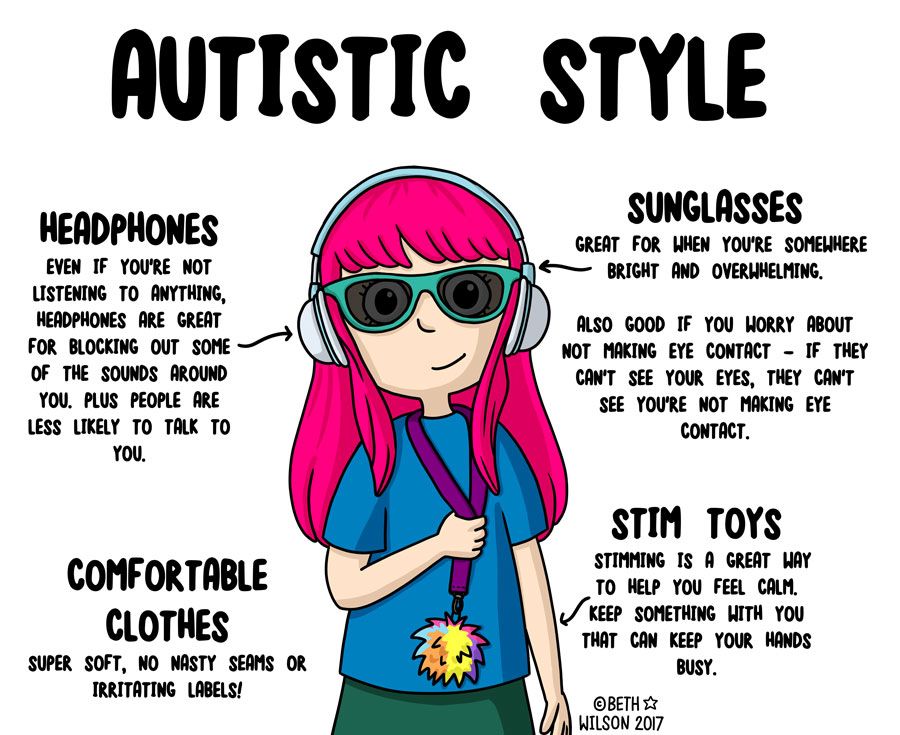
In the journey of parenting a child with autism, it’s essential to tailor your approach to their unique needs and abilities. This means adapting your parenting style to be more flexible, understanding, and supportive in fostering their development. By focusing on their strengths, interests, and communication styles, you can create a nurturing environment that promotes growth and well-being. Embrace the importance of patience, consistency, and structure while also recognizing the need for individualized strategies to help your child thrive. With the right blend of love, guidance, and tailored support, your child with autism can flourish and reach their full potential.
Nurturing Growth and Independence: The Benefits of Empowering Parenting Strategies for Autism
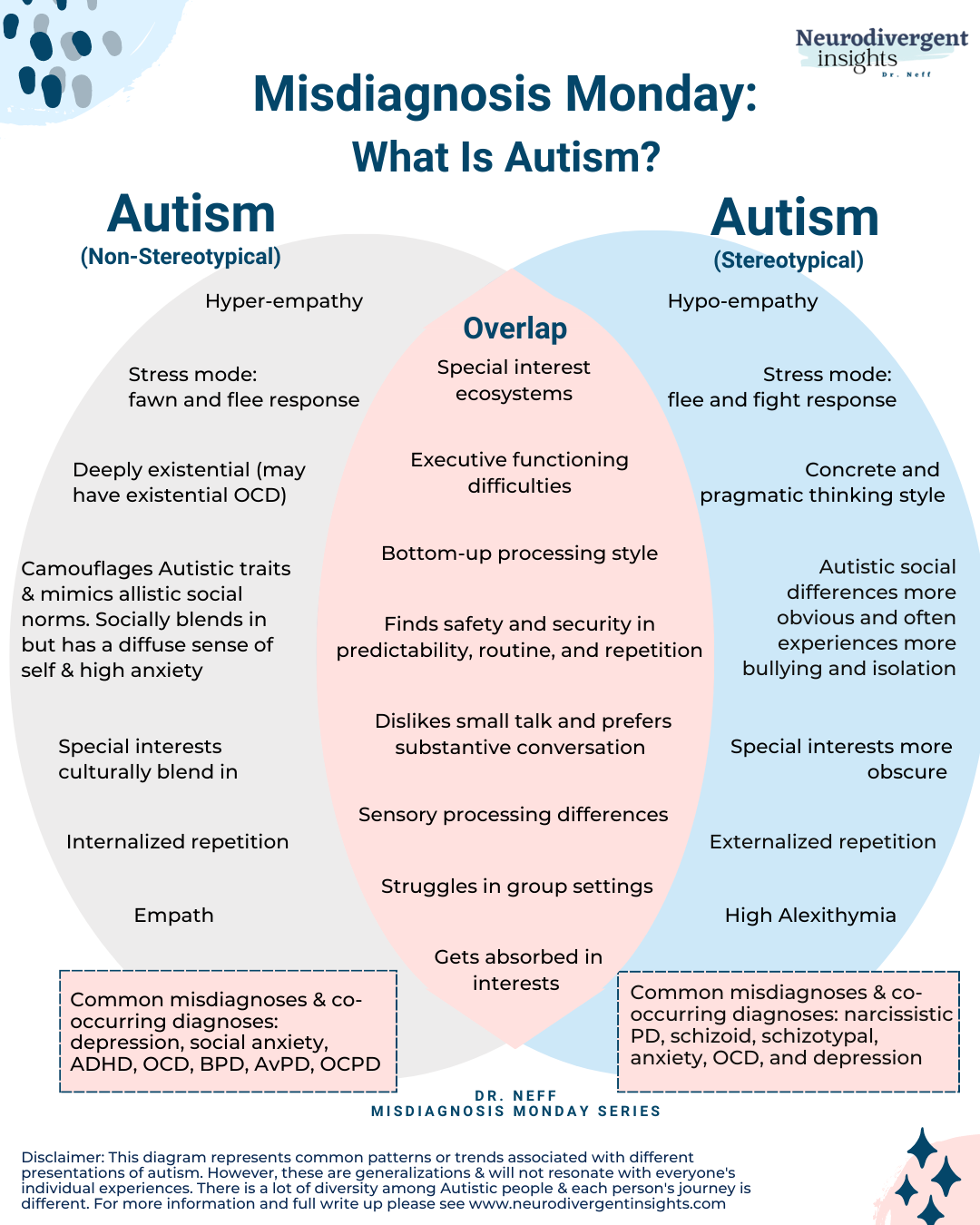
Nurturing growth and independence is essential when it comes to empowering parenting strategies for autism. By promoting a sense of autonomy and self-reliance, parents can effectively support their child’s development and enhance their social and cognitive abilities. Embracing an empowering approach not only fosters a positive self-image but also encourages children with autism to explore new experiences and challenges. By providing the necessary tools and resources, parents can effectively help their children navigate the complexities of daily life while boosting their confidence and sense of self-worth. Ultimately, nurturing growth and independence through empowering parenting strategies for autism is vital for the overall well-being and success of children on the spectrum.



